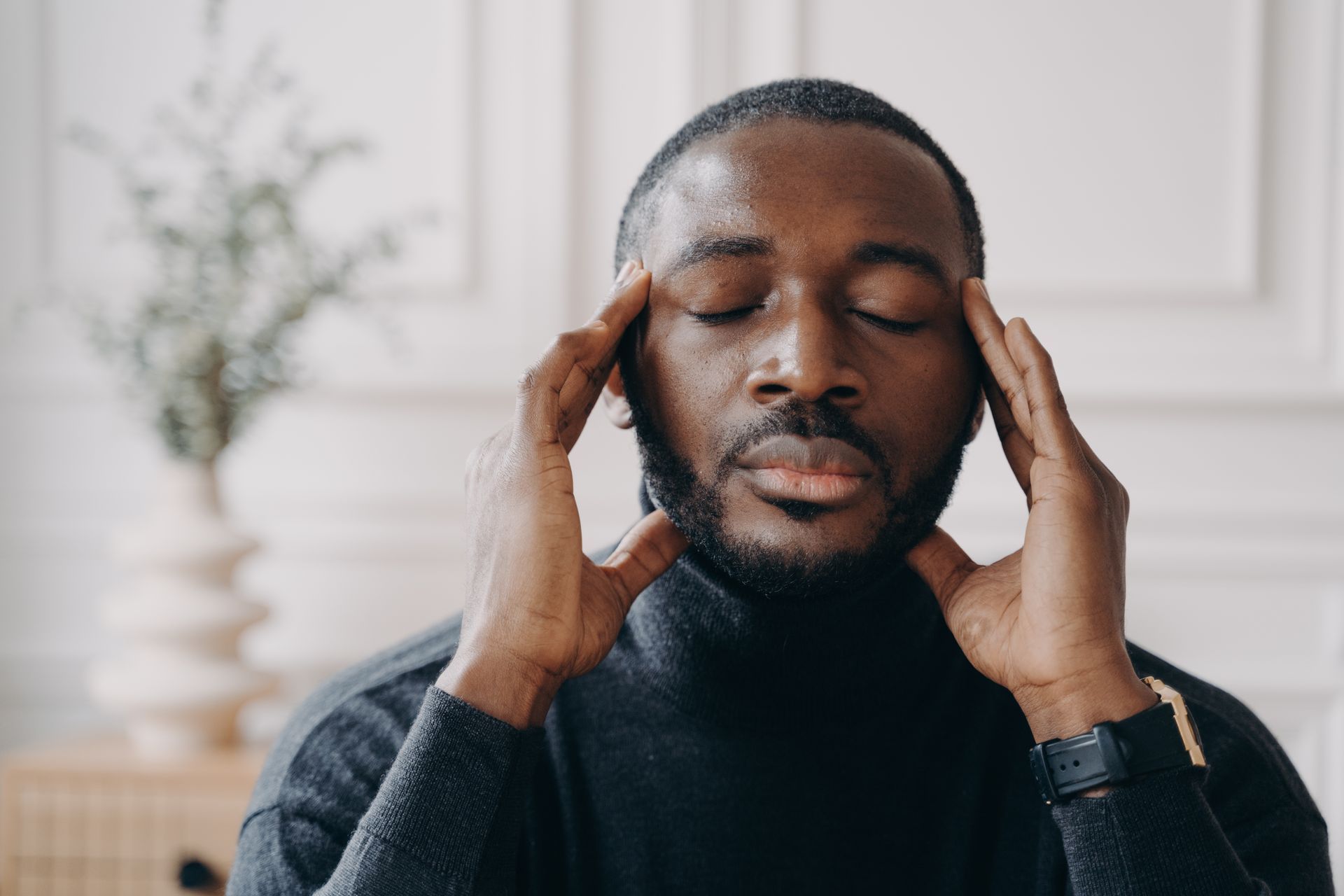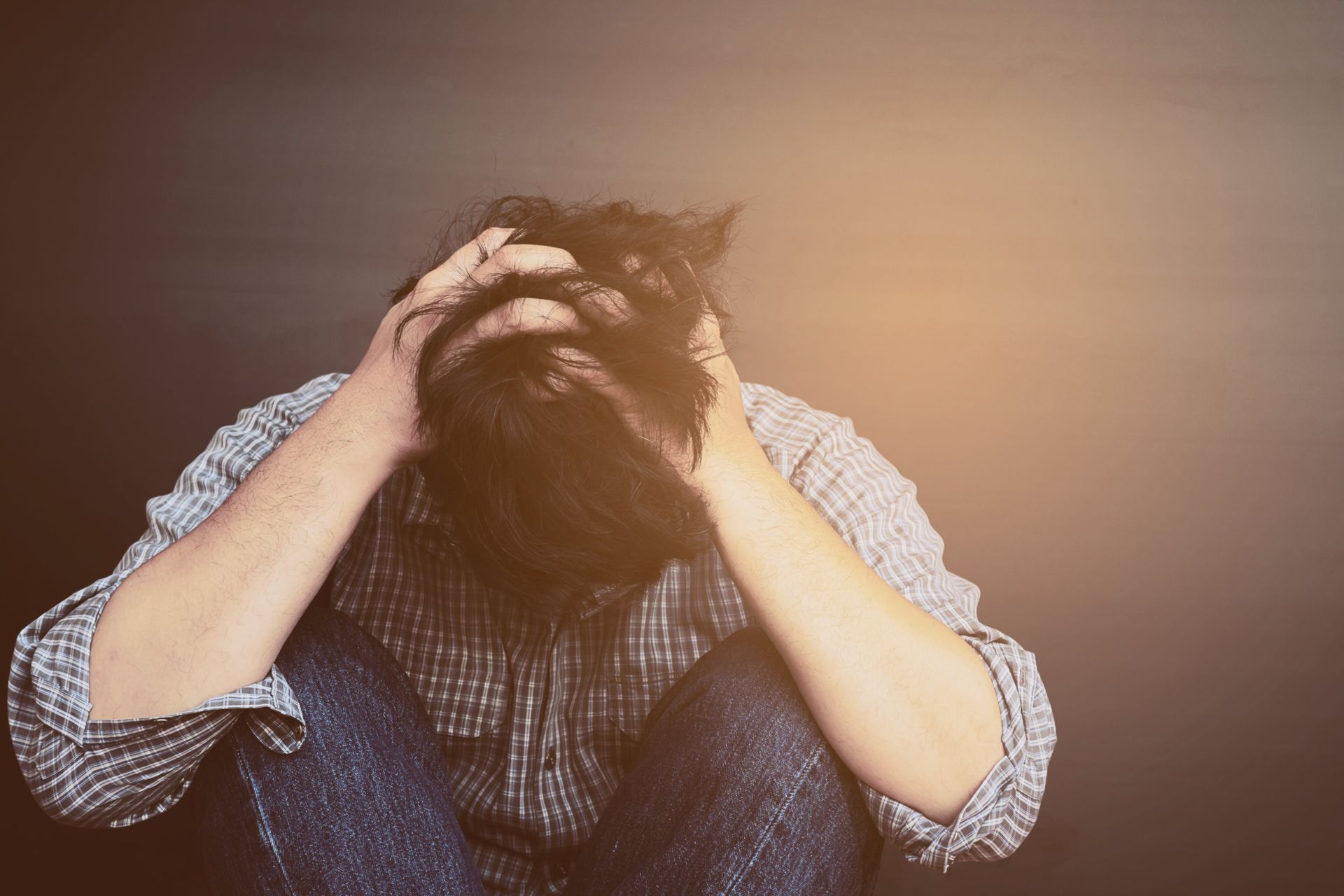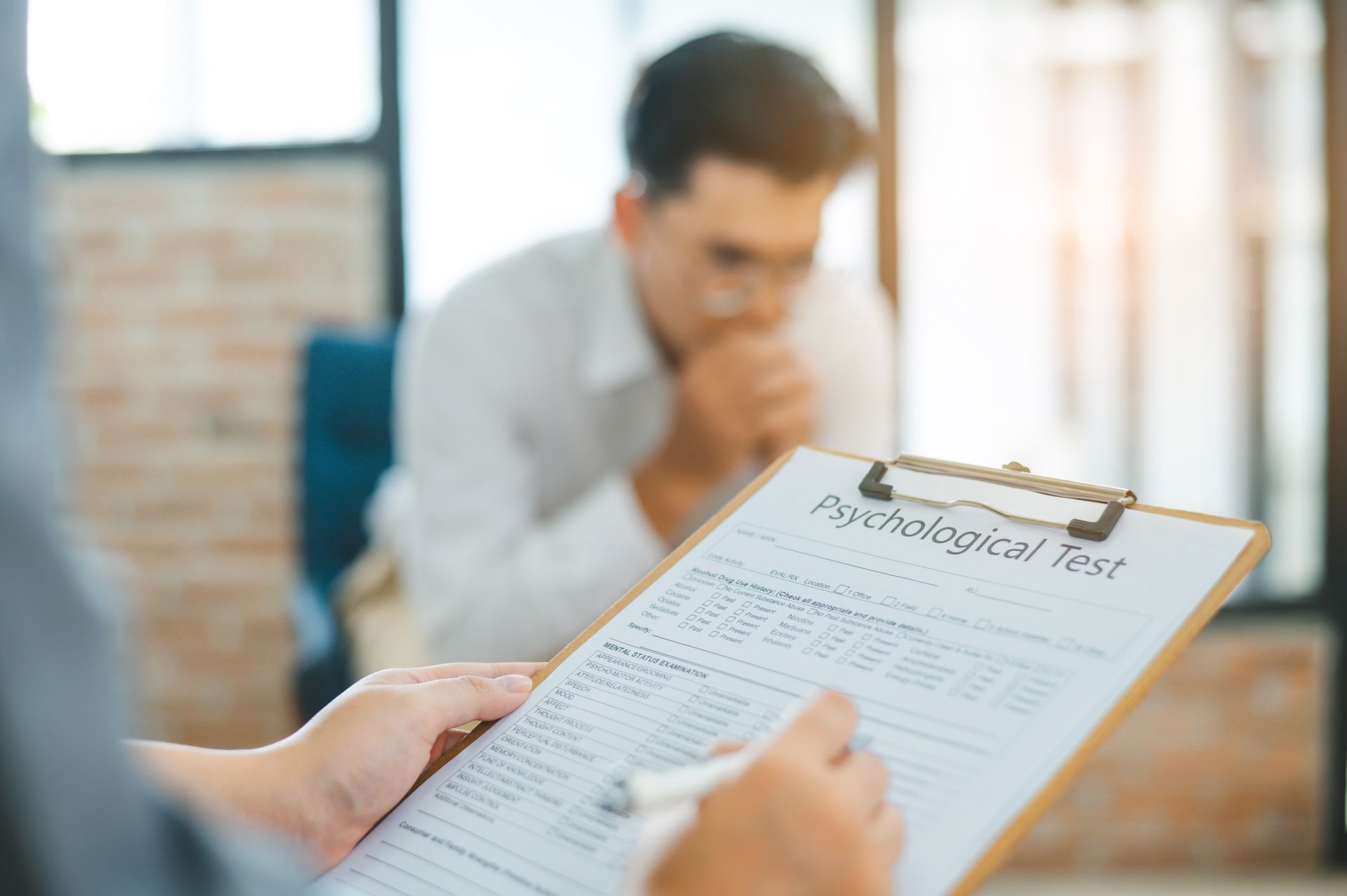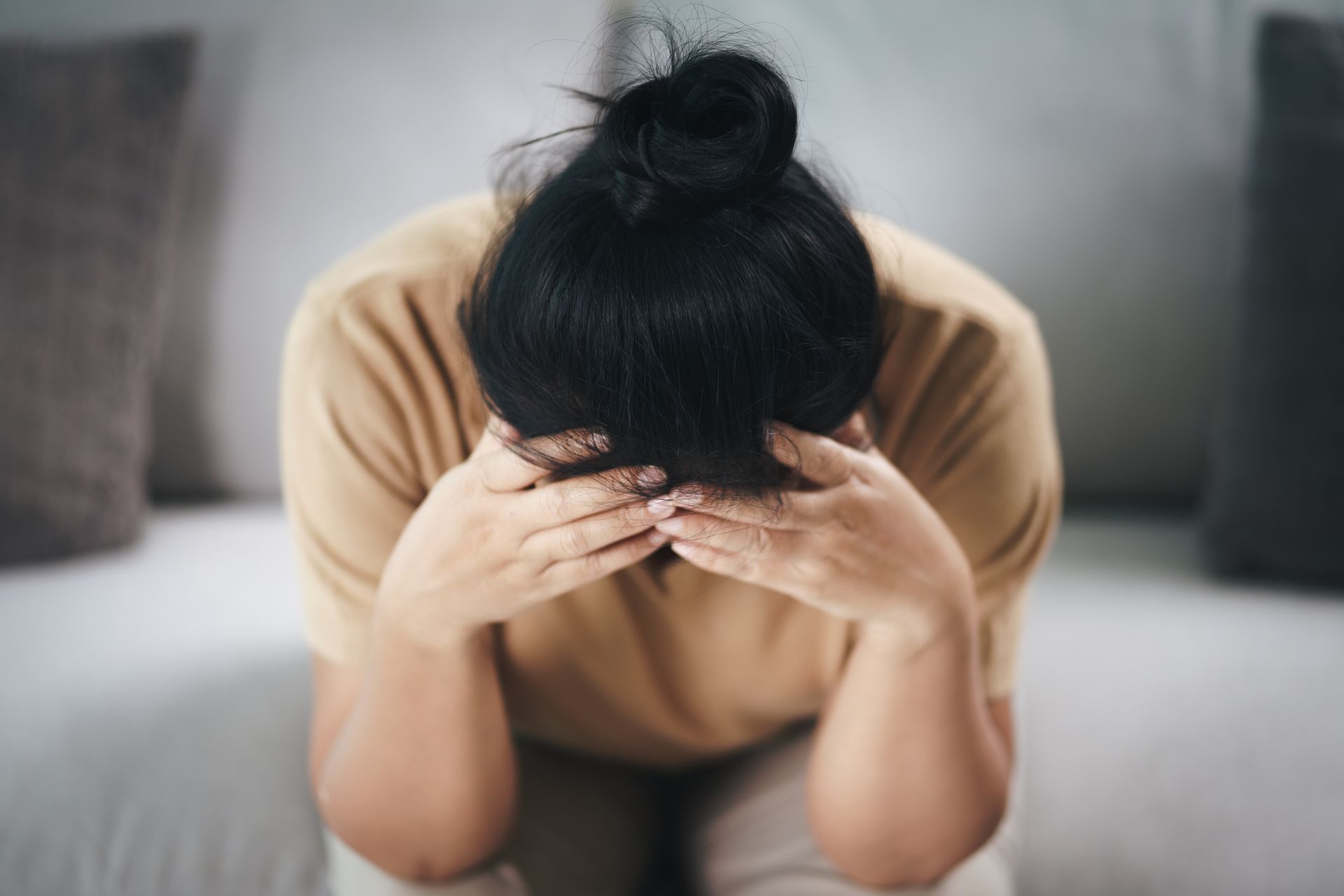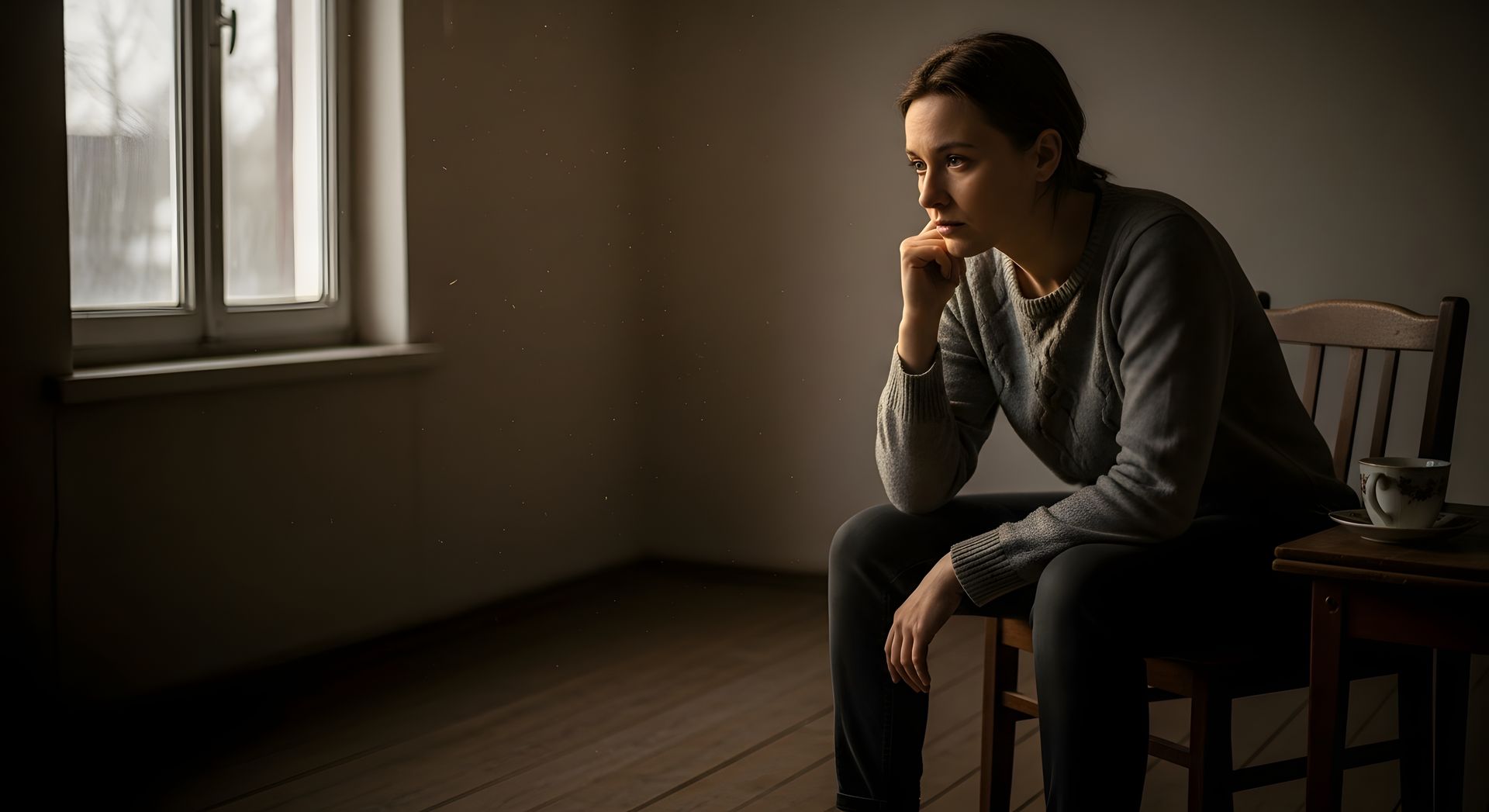Sleep Hygiene and Managing Anxiety and Depression
Sleep is more than just a nightly ritual of rest. It is an essential biological function that underpins cognitive processes, emotional regulation, and overall mental well-being. For individuals facing anxiety and depression, prioritizing sleep hygiene can become a key strategy in managing symptoms and supporting long-term mental health.
This post explores how sleep hygiene can alleviate the discomfort associated with anxiety and depression, backed by evidence-based practices, relevant statistics, and reputable sources.
The Link Between Sleep Quality and Mental Health
Scientific research increasingly points to a powerful relationship between sleep and mental health. Sleep deprivation and irregular sleep patterns can disrupt the brain’s neurotransmitter balance, impair emotional regulation, and amplify stress responses in the body.
Chronically sleep-deprived individuals often exhibit increased symptoms of anxiety and depression. What makes this connection even more significant is that disrupted sleep can create a feedback loop—worsening anxiety can lead to poorer sleep, which in turn aggravates depression, and so forth.
The Centers for Disease Control and Prevention (CDC) reported that approximately one in three adults in the United States does not achieve the recommended seven hours of sleep per night. Accumulated sleep deficit impairs emotional regulation, stress management, and immune function over time, impacting overall well-being. By restoring balance through consistent and quality sleep, you can often reduce the frequency and intensity of anxiety or depressive episodes.
Consequences of Poor Sleep Hygiene
Poor sleep hygiene refers to habits and environmental factors that undermine sleep quality. Examples include inconsistent bedtimes, the use of electronic devices before sleep, an uncomfortable bedroom environment, or excessive intake of stimulants like caffeine. When these factors persist, individuals may develop insomnia or other sleep disorders that further compromise mental health.
The impact can be felt both immediately and over the long term. Short-term consequences include fatigue, irritability, poor concentration, and difficulty making decisions. Over time, chronic sleep deprivation can heighten the risk of severe mental health disorders.
People experiencing chronic sleeplessness were nearly twice as likely to develop symptoms of anxiety as those who slept well. This underscores how crucial it is to address sleep disturbances proactively, especially if you are already vulnerable to anxiety or depression.
Evidence-Based Sleep Practices
Improving sleep hygiene means creating a consistent, calming routine that supports uninterrupted rest. Simple yet intangible habits can be transformative for your mental health.
Maintaining a regular sleep schedule is pivotal. Going to bed and waking up at the same time every day, including weekends, helps synchronize the body’s internal clock, reducing the likelihood of premature awakening or prolonged sleep onset. Exposure to natural light shortly after waking can bolster this circadian rhythm, signaling to your brain that it is time to be alert and active.
Your pre-sleep routine should involve relaxing activities. This might include reading a lighthearted book, practicing mindful breathing, or taking a warm bath. Avoiding screens and electronic devices before bedtime is equally important. Blue light from smartphones or tablets suppresses melatonin production, making it harder to fall asleep. If you must use devices late in the evening, consider blue light filters or specialized apps to minimize disruption.
Designing an optimal sleep environment also complements good surgical-like precision. Keep your bedroom dark, quiet, and cool. Noise-cancelling solutions or white noise machines can lessen disruptive sounds, while blackout curtains limit external light. The National Sleep Foundation recommends a temperature between 65°F and 68°F for most adults, as cooler surroundings can support deeper, more restorative sleep stages.
Specific Sleep Aids and Routines to Improve Sleep
When lifestyle modifications alone do not yield the desired improvements in sleep, certain aids and interventions may be beneficial. Melatonin supplements, for instance, can help regulate your sleep-wake cycle when used under professional guidance.
Over-the-counter medications like antihistamines are sometimes employed, but they are generally not recommended for long-term management of insomnia due to potential side effects and tolerance issues. Discuss these options with a healthcare provider to determine what best aligns with your health profile.
Moreover, therapeutic approaches such as Cognitive Behavioral Therapy for Insomnia (CBT-I) offer powerful coping mechanisms for managing insomnia. CBT-I includes techniques to identify negative thoughts about sleep, establish healthy sleep habits, and restructure routines that interfere with rest. Research indicates that CBT-I can be highly effective, often matching or exceeding the benefits of pharmacological treatments without the risks of medication dependence.
Additional Ways to Support Mental Health Through Sleep
For individuals living with anxiety or depression, holistic lifestyle changes can amplify the positive effects of good sleep hygiene. Balanced nutrition and regular physical activity—preferably completed earlier in the day—can promote better sleep by supporting overall physiological well-being.
Some studies highlight that moderate aerobic exercise, like brisk walking or cycling, can improve sleep onset and overall sleep quality, while also relieving mild to moderate symptoms of depression and anxiety. Talk to a healthcare professional before starting any new exercise regimen, especially if you have pre-existing health conditions.
Stress management strategies can also smooth the transition from wakefulness to slumber. Techniques such as yoga, progressive muscle relaxation, or journaling serve as emotional outlets, releasing pent-up worries that might otherwise keep you awake. Since stress and worry often fuel insomnia and heighten anxious or depressive feelings, developing these coping skills is a worthy investment in your daily routine.
Sleep to Elevate Mental Health
Considering the intricate link between mind, body, and rest, nurturing good sleep hygiene becomes a proactive measure in managing anxiety and depression. Better sleep improves mood, concentration, coping, and reduces daily frustrations tied to fatigue, supporting mental health. A well-rested mind has more resilience against the emotional roller coaster that can accompany mental health challenges.
If you are seeking individualized guidance, working with a mental health professional can provide clarity and additional resources. Forms of psychotherapy, particularly those that address sleep disturbances, often yield better outcomes when combined with lifestyle modifications. For more insights into how sleep and mental health intertwine, visit our Vital Psych MD blog for articles on wellness strategies and evidence-based mental health practices.
Whether you are taking initial steps or refining existing strategies for improved sleep, the cumulative ripple effects on anxiety and depression are significant. By integrating counsel from qualified experts and relying on accurate, research-backed information, you can use sleep to concretely support your mental health journey. Over time, these small, consistent habits become building blocks for transformative changes that encompass both your nights and your days.
For personalized guidance on managing anxiety and depression through improved sleep hygiene,
contact Vital Psych MD today.

